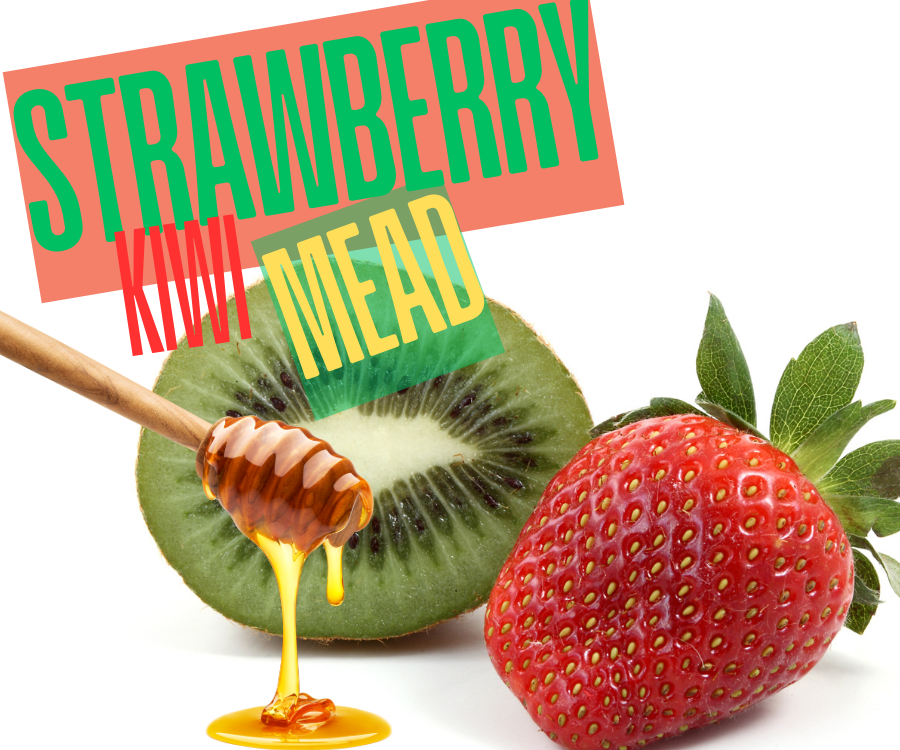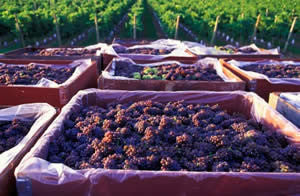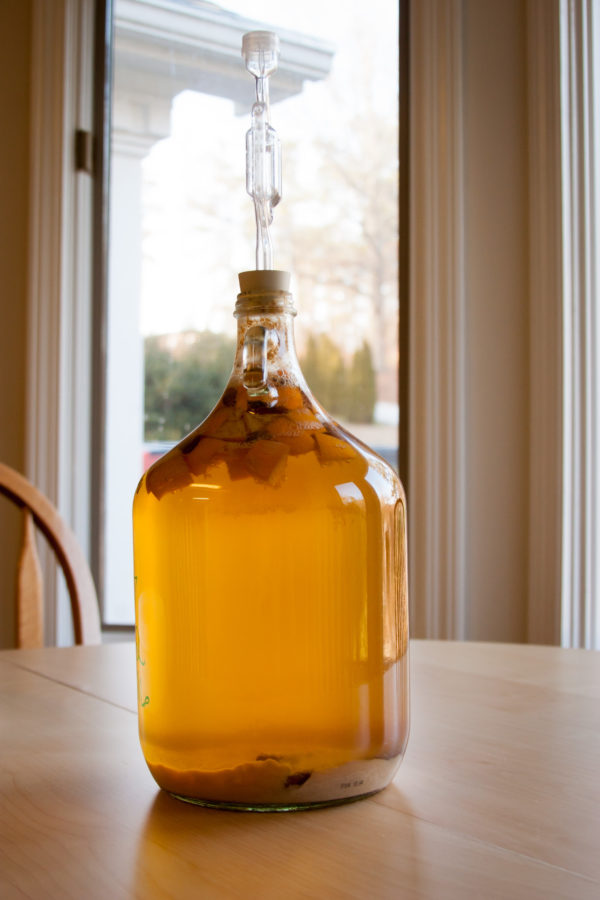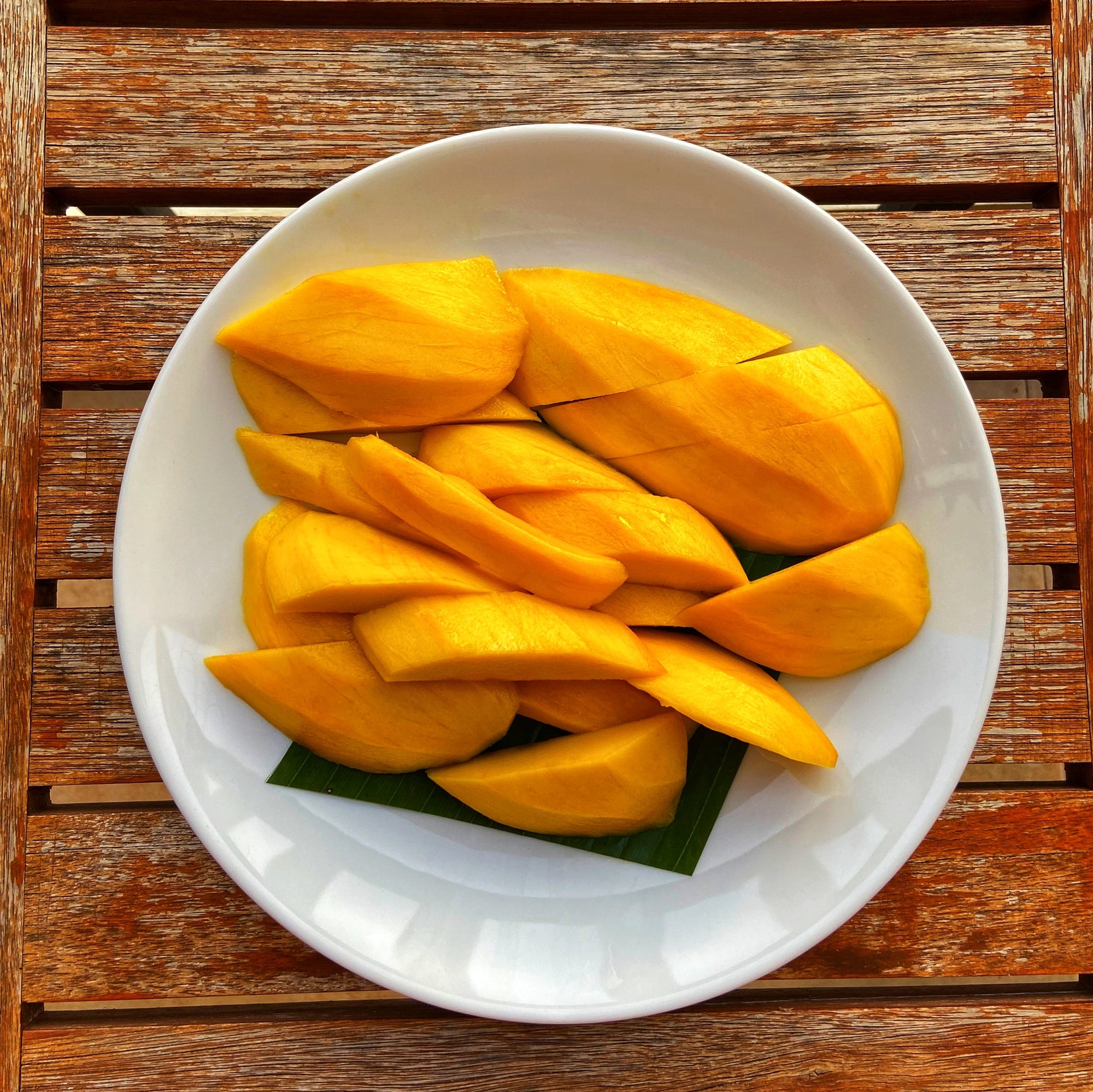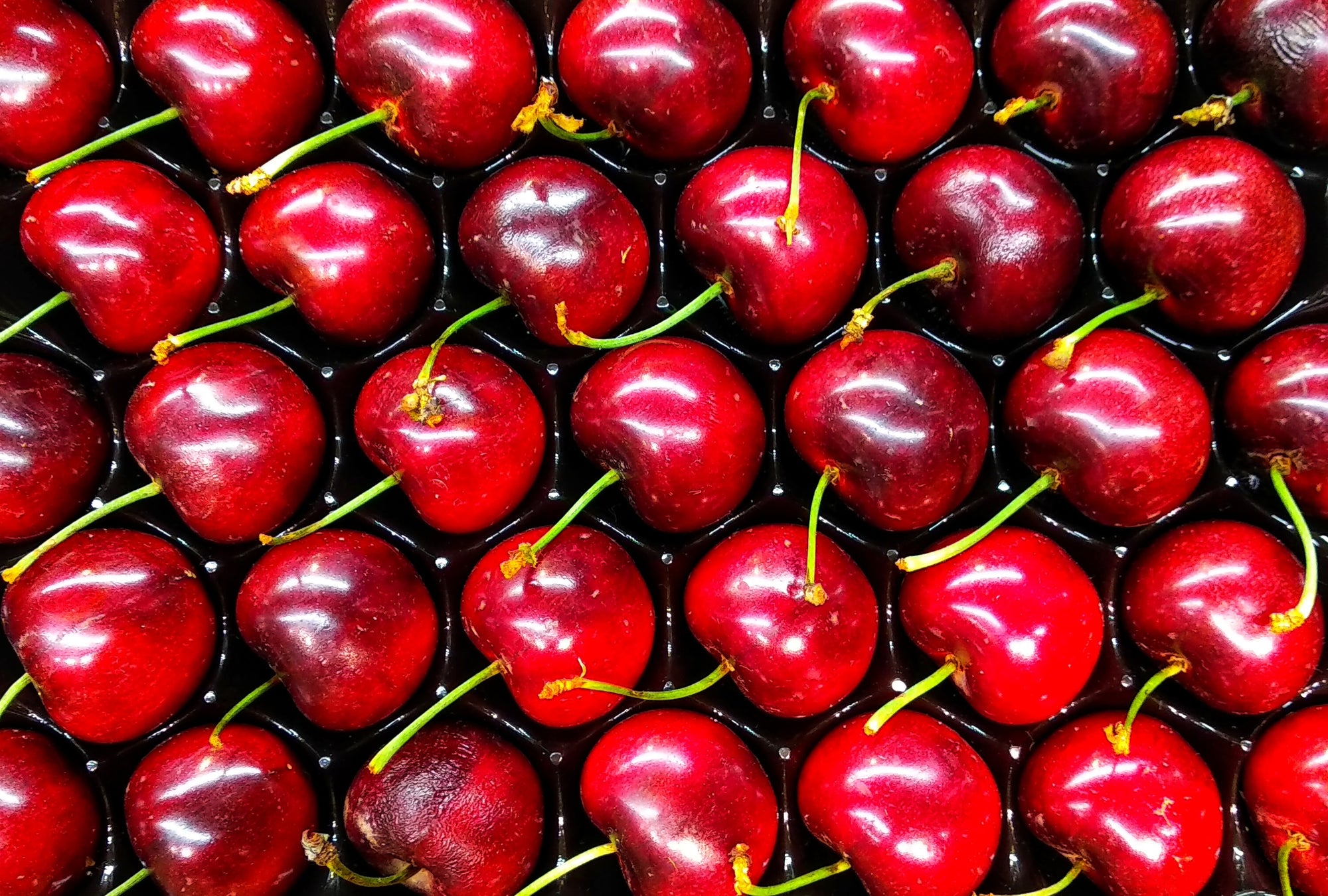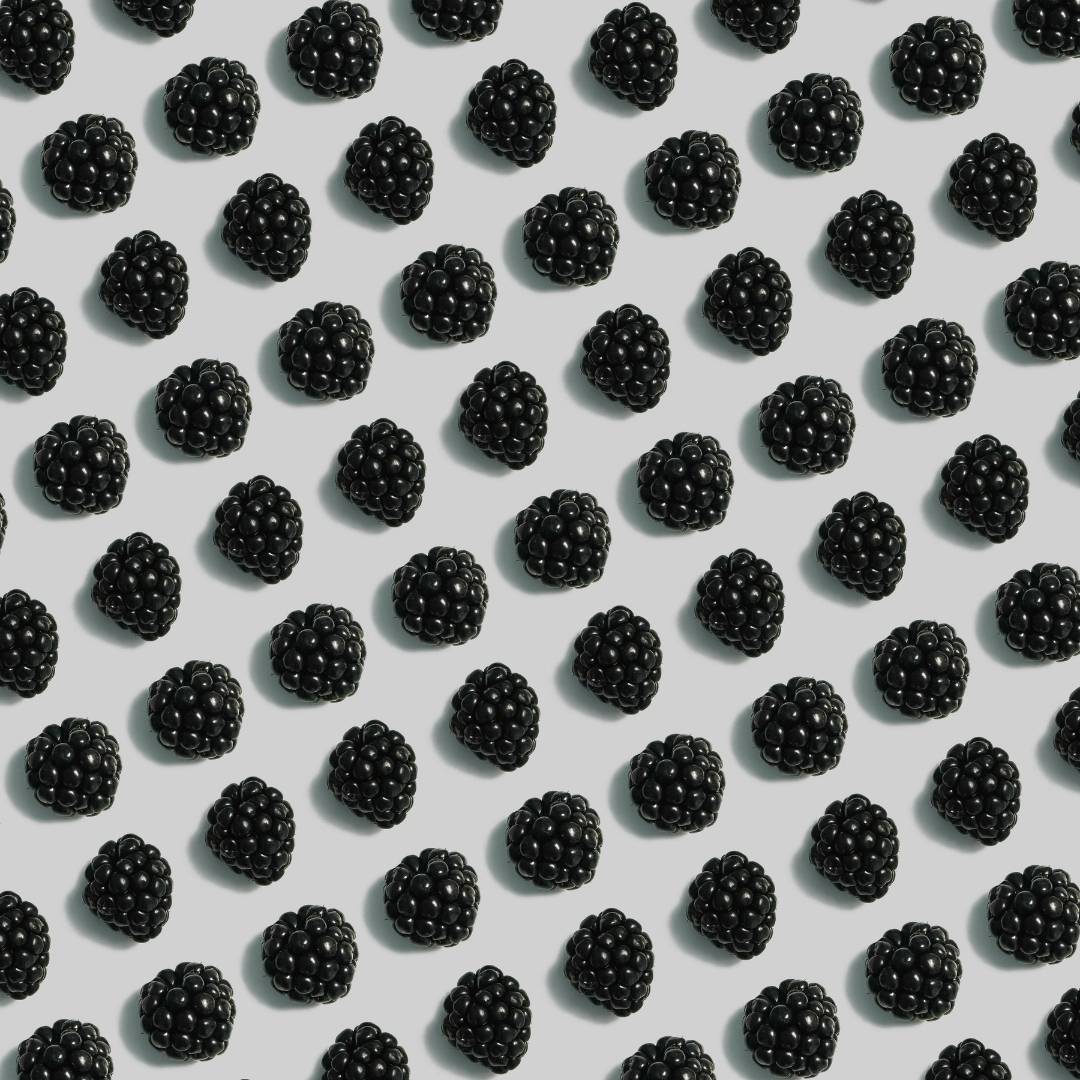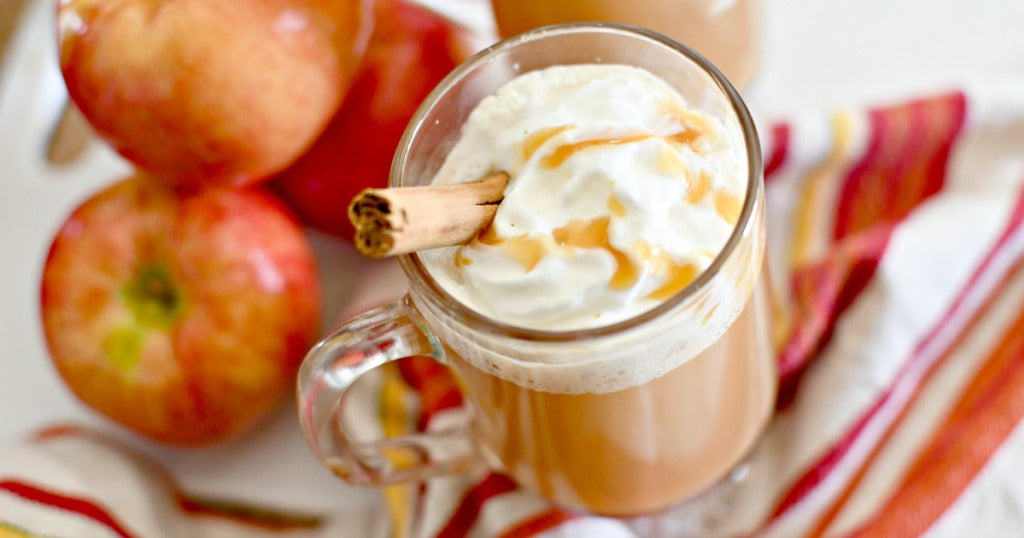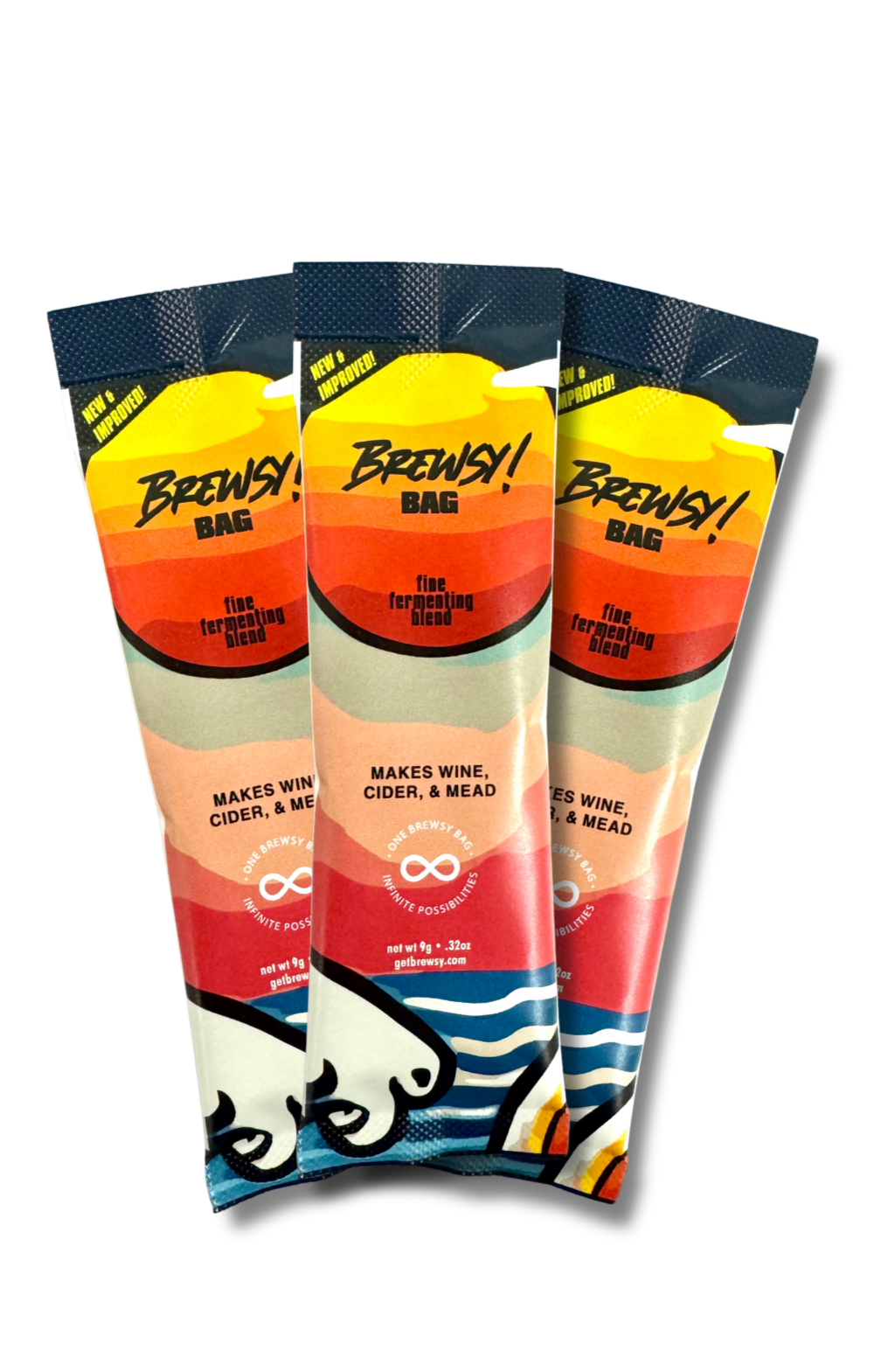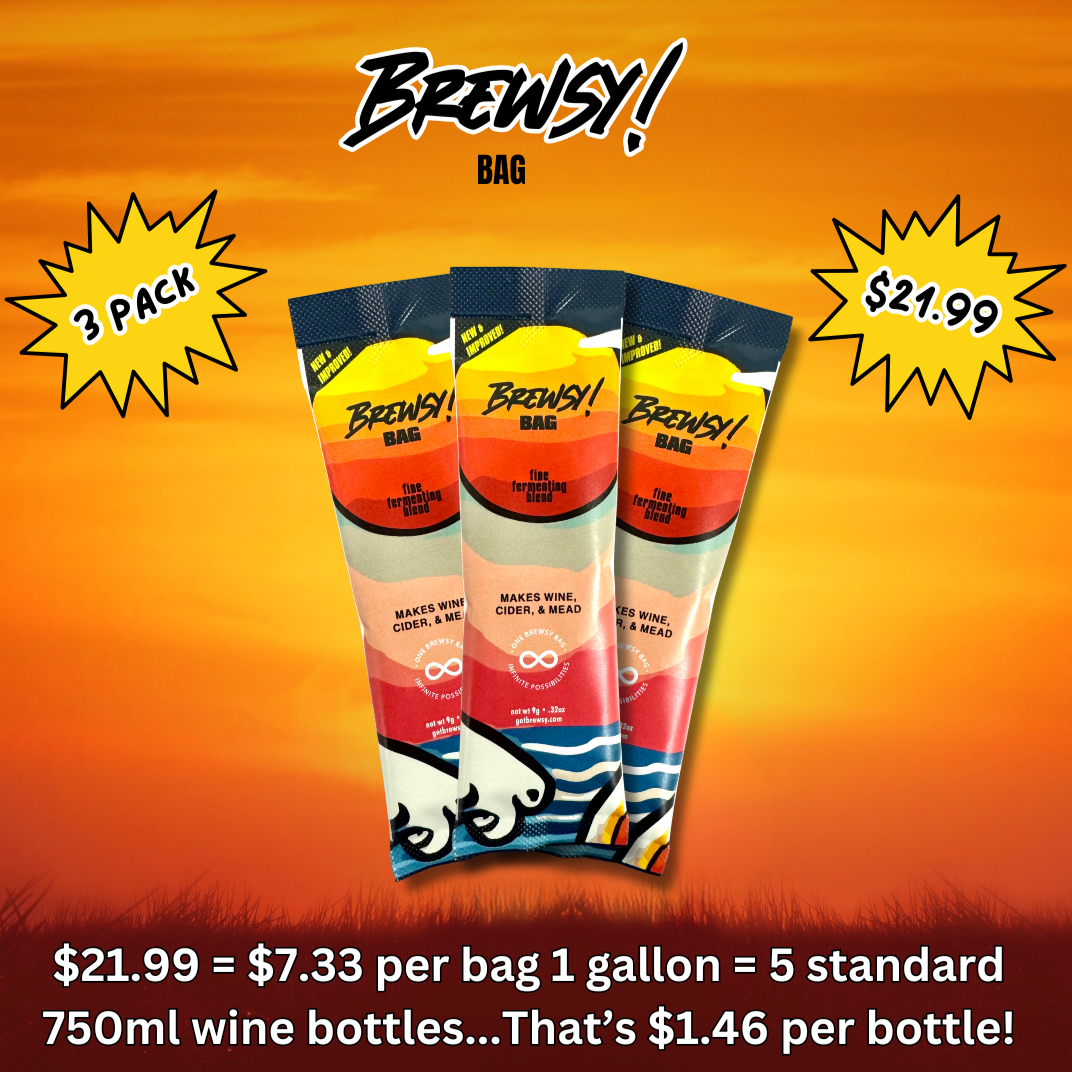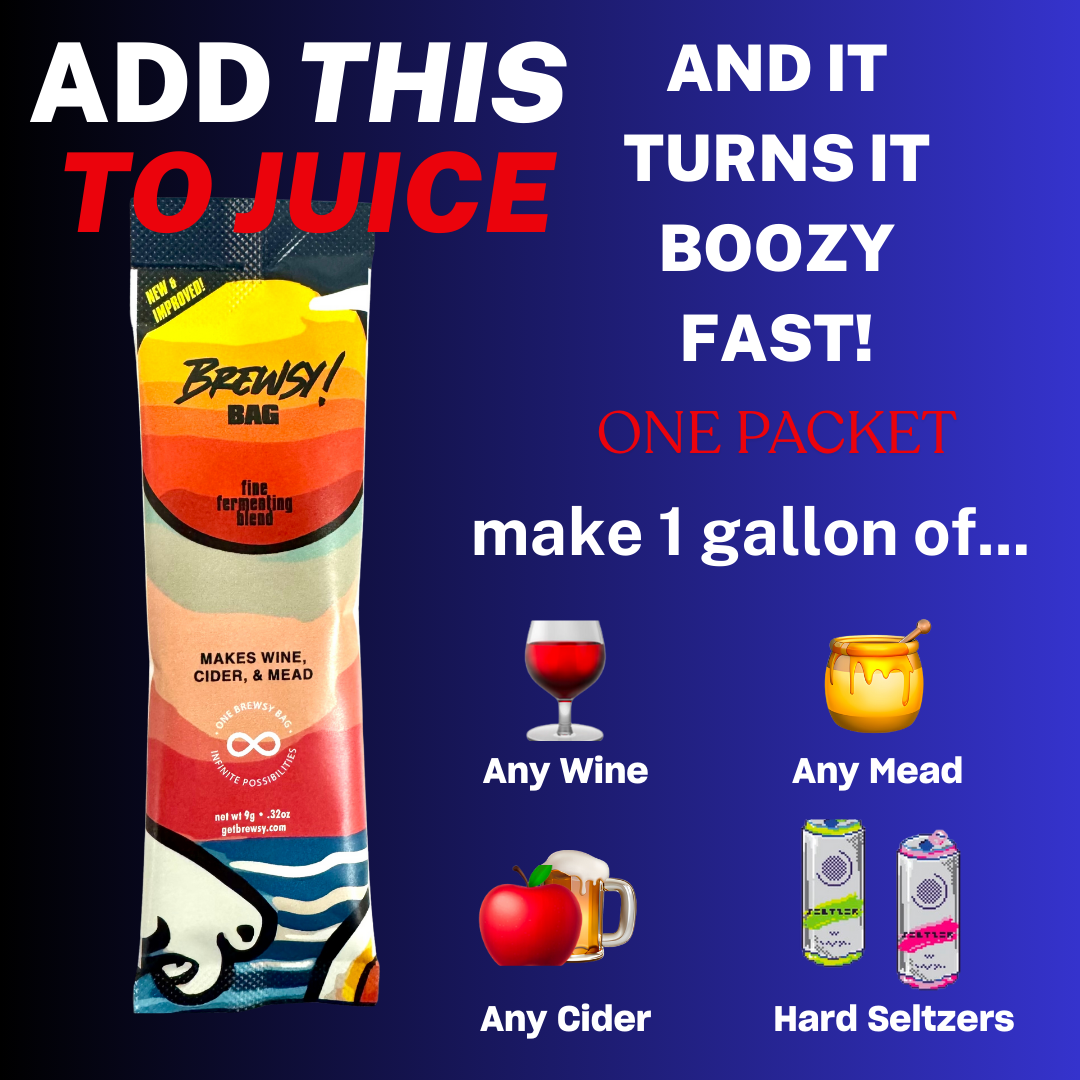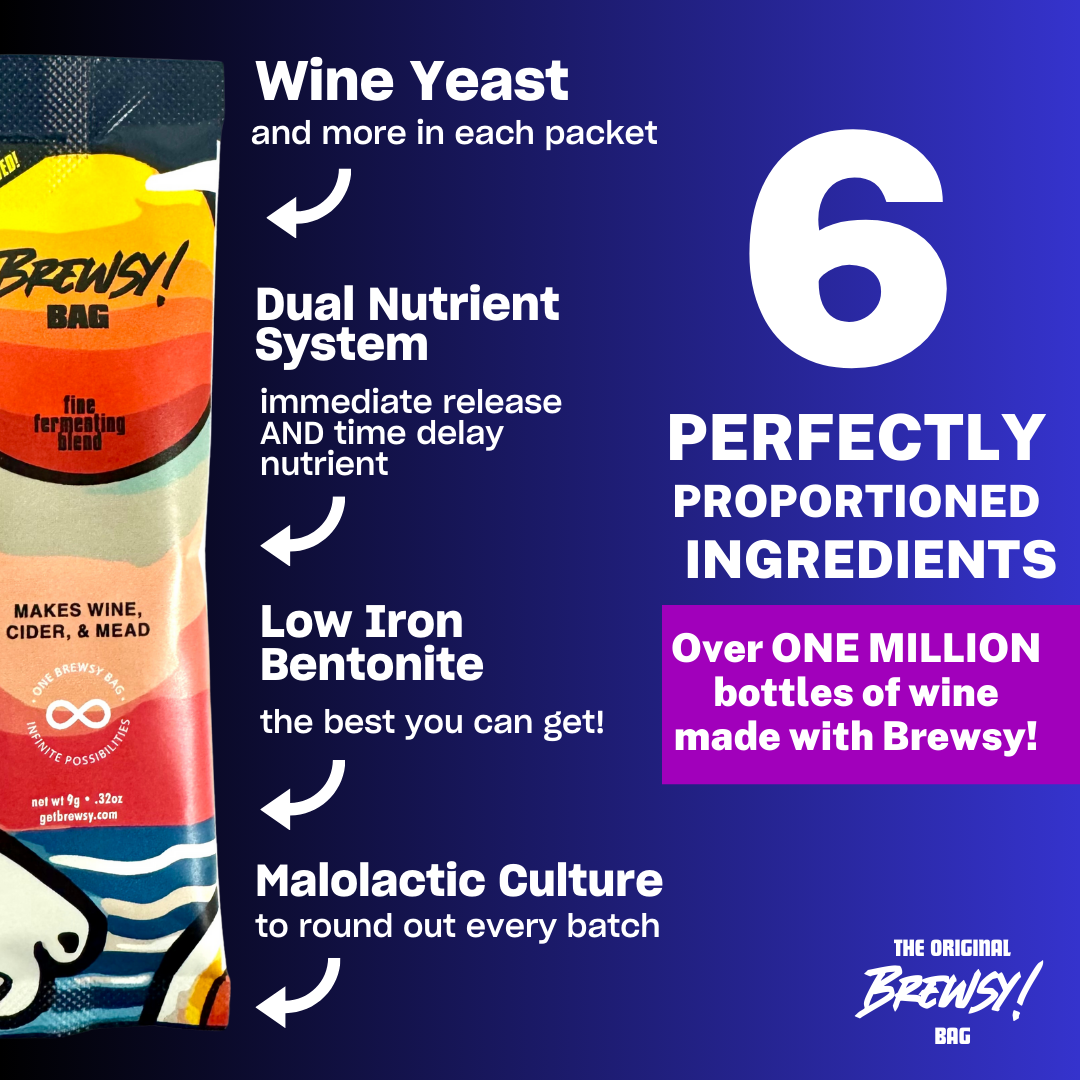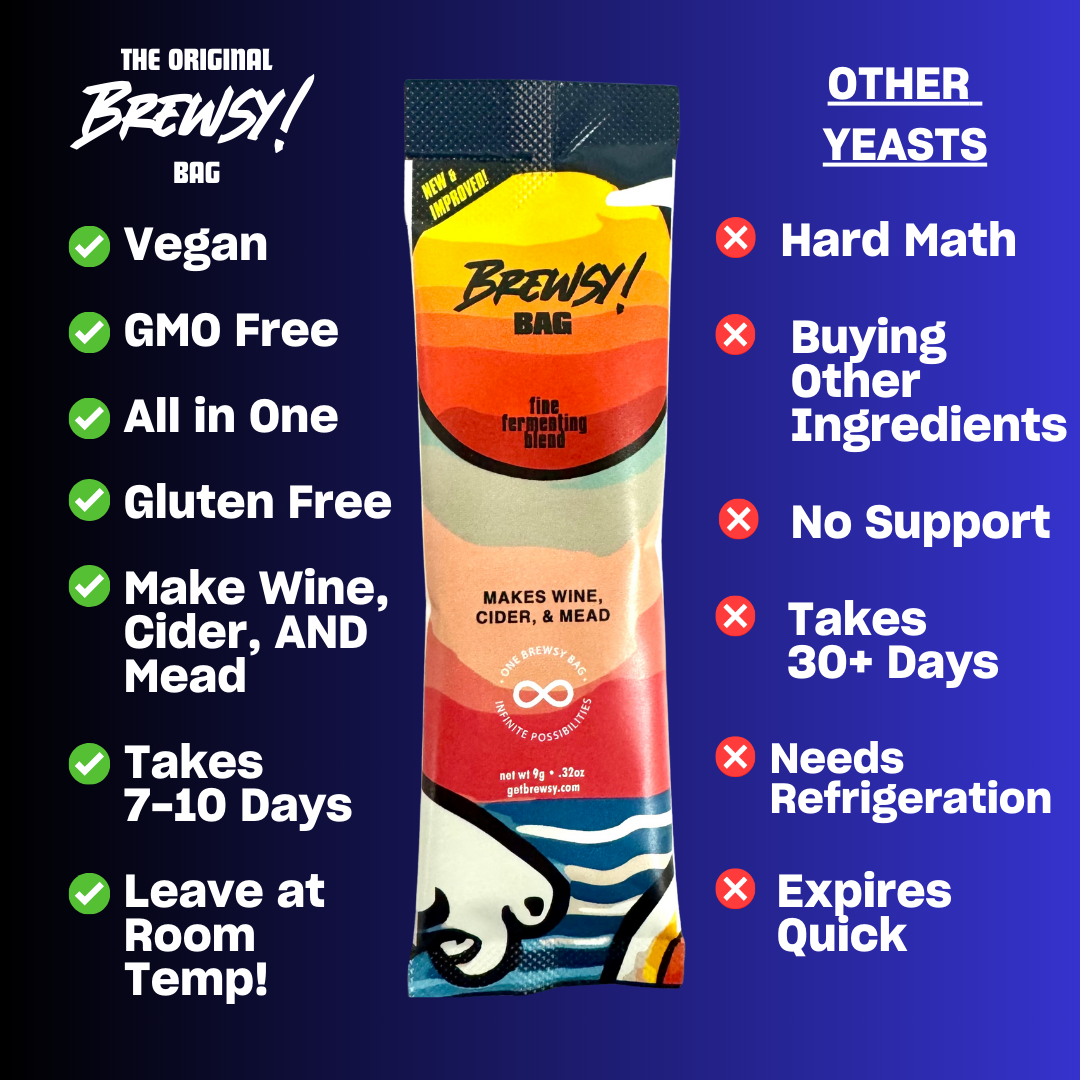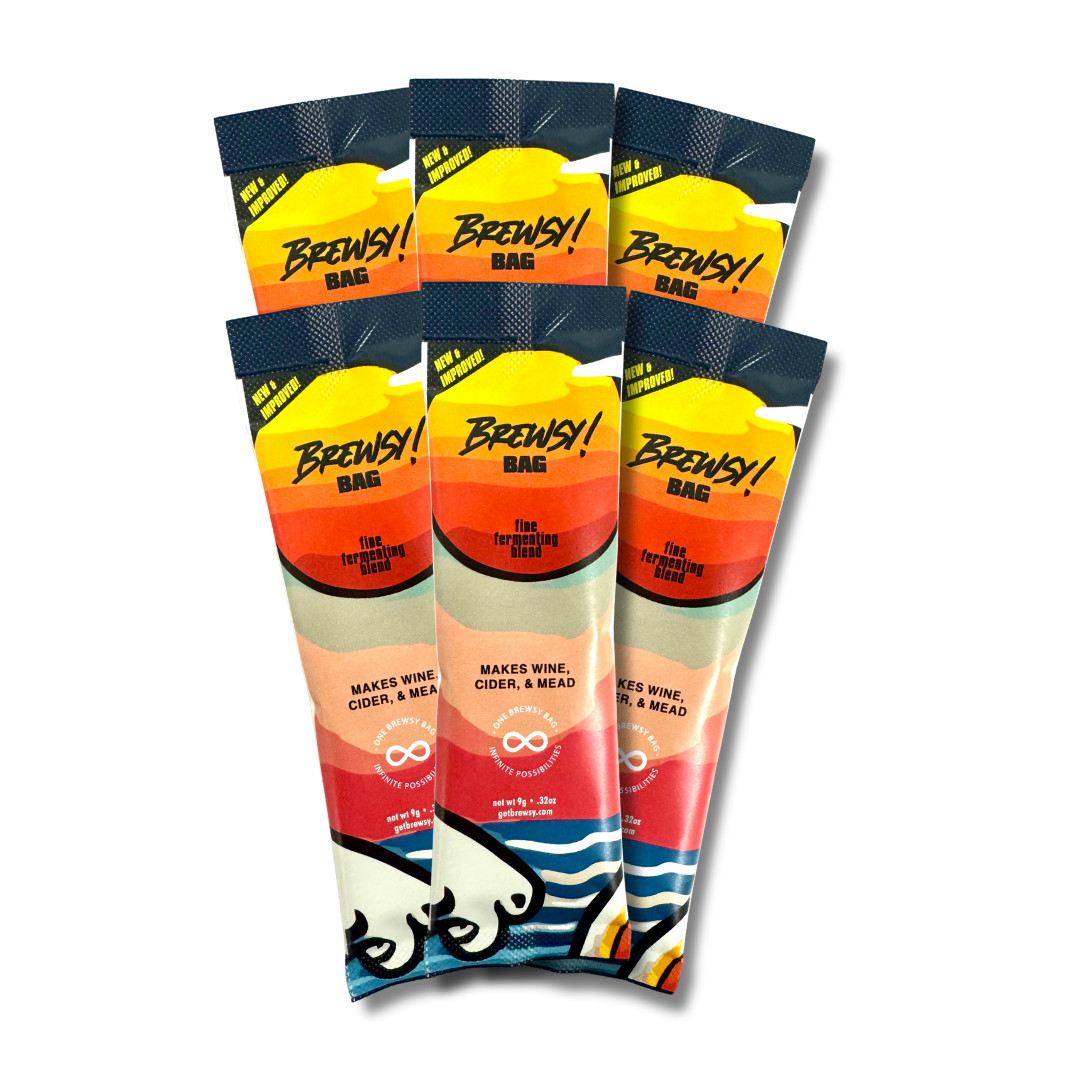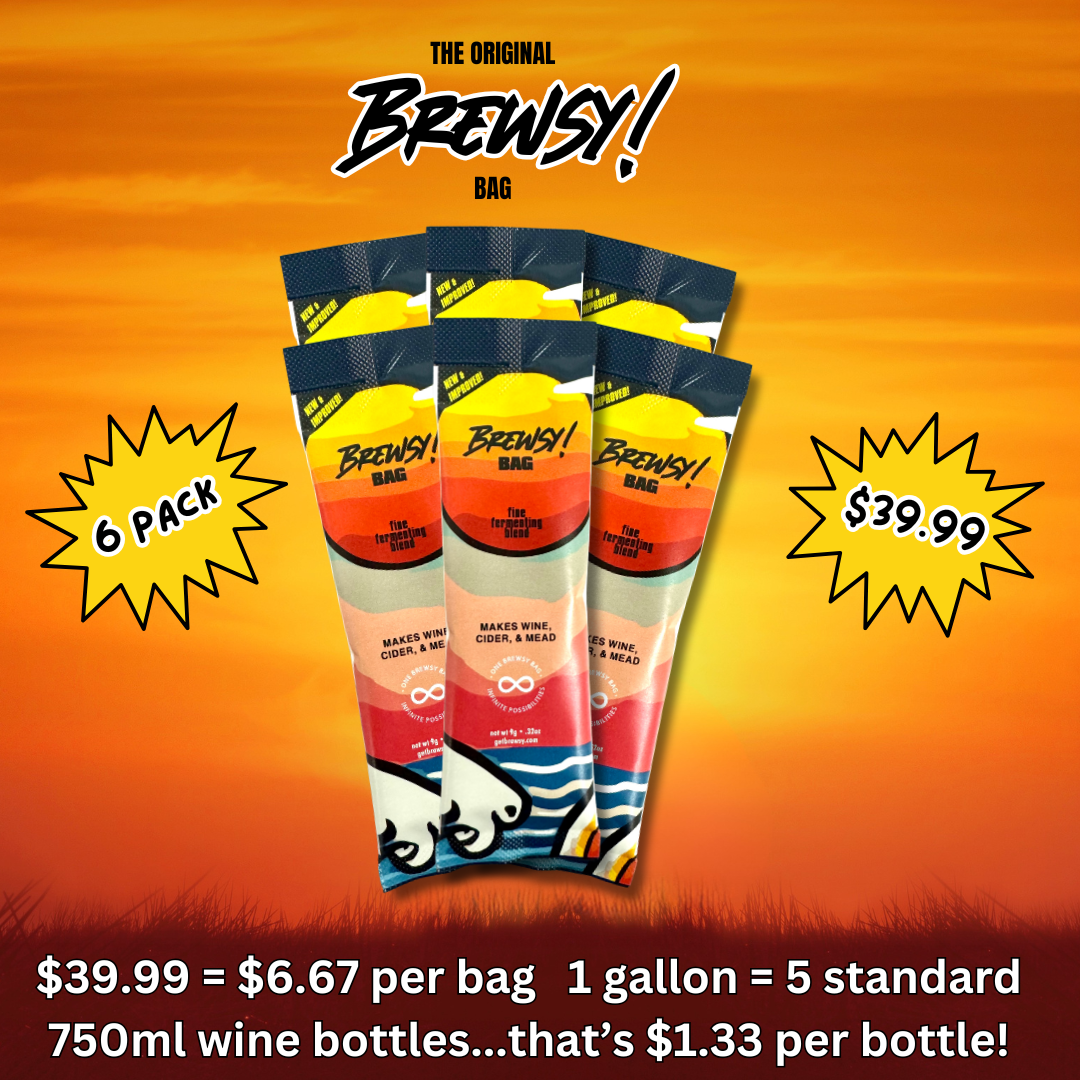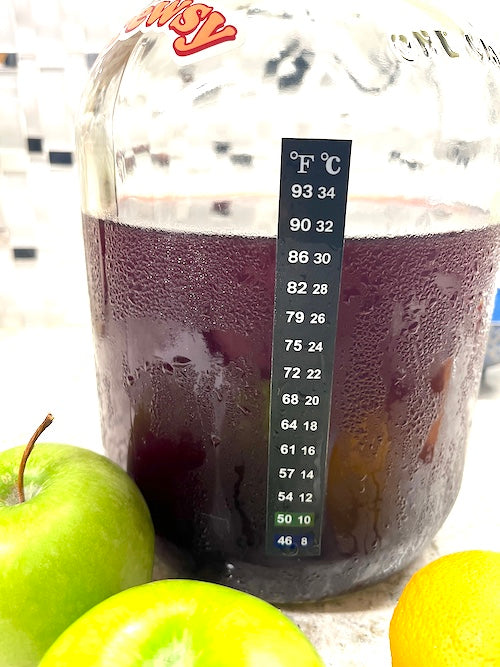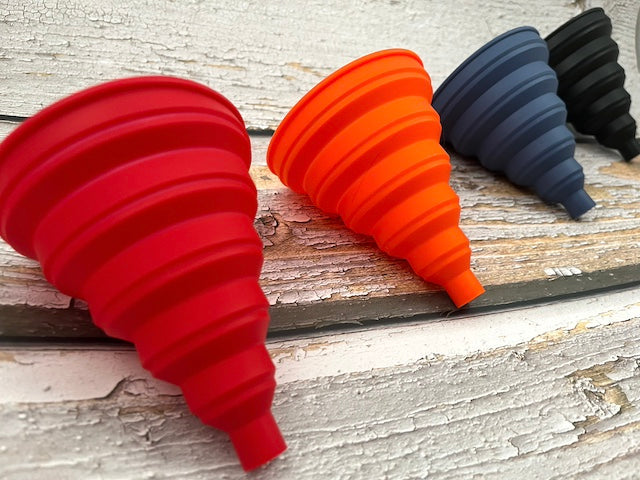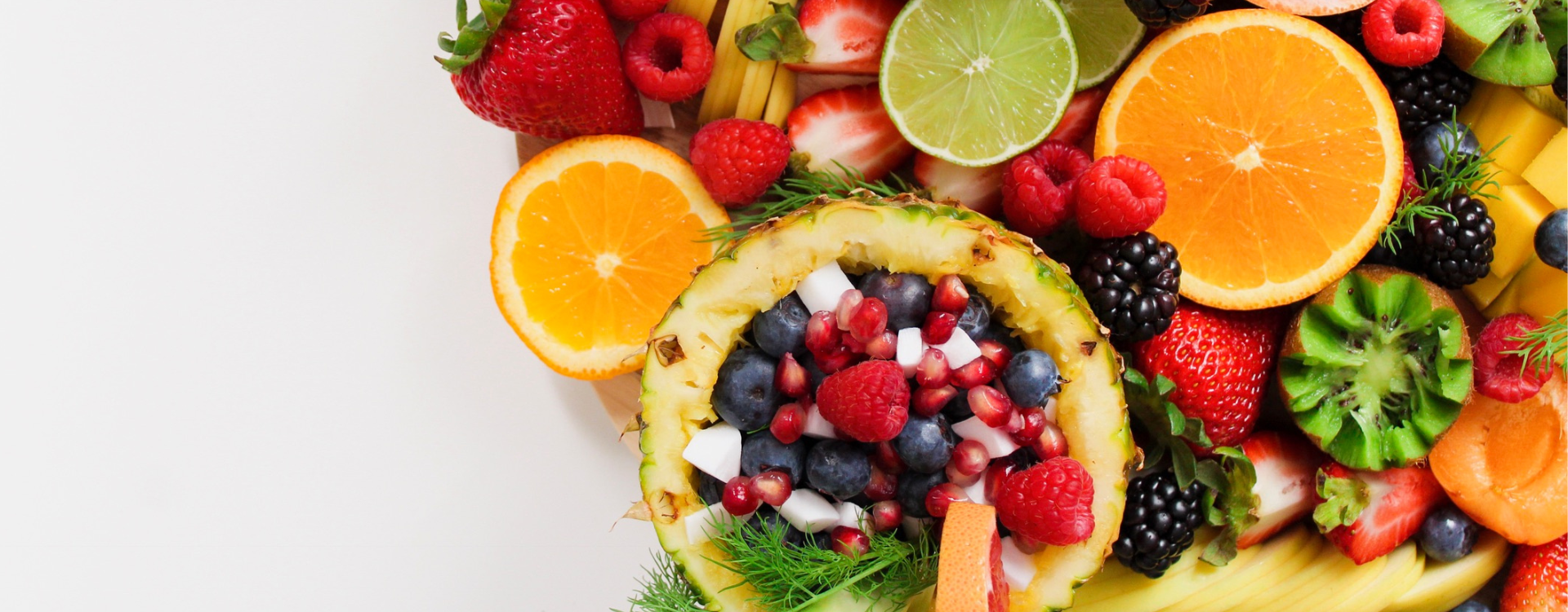
Potassium Bicarbonate: What is it?
Potassium Bicarbonate: What is it? And what role does it play in Winemaking?
Two thousand years ago, the people at the time probably would not have thought about potassium bicarbonate, and it is easy to understand why. While winemaking has been going on for thousands of years, we do not generally think of the science involved. For a non-winemaker, especially traditional, we may think that it is simply to mush grapes, add yeast, and wait. However, with the passage of time and the advancement of technology, we have learned to refine and improve the winemaking process. One of those improvements comes in the form of potassium bicarbonate.
Potassium bicarbonate is an important nutrient and electrolyte which is a result of carbon dioxide having passed through an aqueous solution of potassium carbonate, also known as pearlash. Pearlash was discovered by Antonio Campanella in 1795 who found it as a main component or potash, a mineral that contains potassium in a water-soluble form. Despite its seemingly obvious name, the name potash does not come from potassium, but, rather, from pot ash which is plant or wood ash that has been soaked in a pot, heating then evaporating the solution. On the contrary, the word potassium, however, does come from potash.
To quell any worries from using this mineral, potassium bicarbonate is also recognized as a safe substance by the Food and Drug Administration in the appropriate measurements since it is also used as part of antacid medications.
The burning question is: how is potassium bicarbonate used in winemaking? Well, like in medicine, it helps with deacidification of wine. This is because grape musts tend to have higher amounts of acid than what is desired for the final product. Tartaric acids above 1.2% may produce wines too high in acidity that most people are comfortable.
There are a few ways to deacidify wine. One way is to use water to dilute the acidity. This method is not often used because it can also dilute the flavor of the wine. Another way is to let the wine undergo fermentation. Some natural reduction in acidity occurs during fermentation. However, this method is not often used because it can take months or even years for the desired results to be achieved.
The most common way to deacidify wine is by adding potassium bicarbonate. This method is quick and effective. Generally, about will reduce acidity by 0.01%. A reduction of about 0.02% is a practical maximum. One downside to using potassium bicarbonate is that it can cause foaming because of the CO₂ released.
Overall, potassium bicarbonate is a quick and effective way to deacidify wine which is why we have added it to our Brewsy bag as it is also recognized as a safe substance by the FDA. While it is known for potassium carbonate to create foaming, it is only during the fermentation process. When a wine is in the fridge, or has had the Aging Basics add to it, no forming of foam occurs.
What are your thoughts on potassium bicarbonate? Have you ever used it before? Let us know in the comments below!

